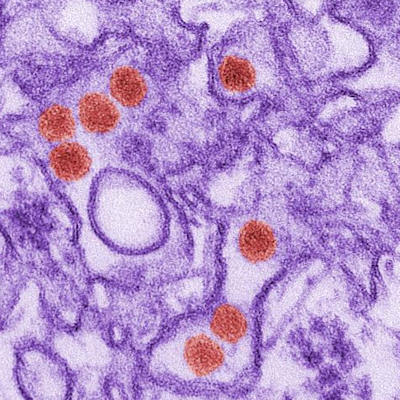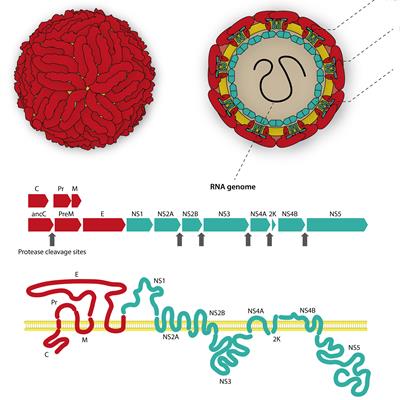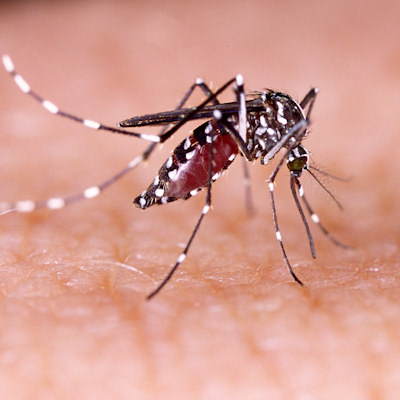November 21, 2022 -- Researchers have identified an unusual type of antibody that, even at miniscule levels, neutralizes the Zika virus in preclinical models. The research, published November 18 in the journal Cell, could lead to better protection for infants from this potentially devastating disease.
Transmitted by infected mosquitoes, and currently circulating in many tropical countries, Zika virus usually causes mild illness in adults. However, during pregnancy, congenital infection can cause severe birth defects in unborn babies, including brain damage. There are currently no Zika vaccines or treatments.
During a 2015 outbreak, researchers collected blood samples from Zika-infected pregnant people, focusing on patients who had given birth to healthy babies and might harbor antibodies capable of preventing the disease. One patient had a healthy baby following two months of detectable Zika blood levels. Her blood cells were found to produce an ultrapotent IgM antibody that prevented viral particles from invading cells. When isolated, the antibody's identity, DH1017.IgM, was surprising, as IgM antibodies are typically weaker, less mature, and produced early in infection.
However, examination of DH1017.IgM's molecular structure when binding to the virus revealed that it had multiple arms that could simultaneously latch onto a viral particle. In mouse experiments, the antibody protected mice from otherwise lethal Zika infections; it also suppressed the virus to the point of being undetectable in the blood. The researchers plan to test the antibody's safety and efficacy in preventing fetal transmission in additional preclinical models.
"It's crucial to get anti-Zika vaccines and therapies that are safe in pregnancy rolled out as soon as there is evidence of an outbreak," Weill Cornell Medical College professor and co-senior author Dr. Sallie Permar, PhD, said in a statement.
Copyright © 2022 scienceboard.net












